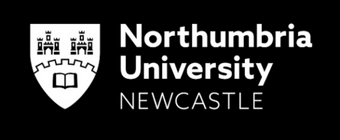Accredited by the Institute of Biomedical Science (IBMS), our Biomedical Science degree will provide you with both general and specialist knowledge in the field of biomedical science. Focusing on how cells, organs and systems function in the human body, you will gain an understanding of the fundamental principles of the pathogenesis of disease and strategies for their investigation and treatment.
During your second year, there is the option of a one-year placement within industry or at an accredited NHS training laboratory. The placement within the NHS allows you to progress onto the BSc Applied Biomedical Science course, and upon graduation you can apply for state registration as a Biomedical Scientist with the HCPC.














